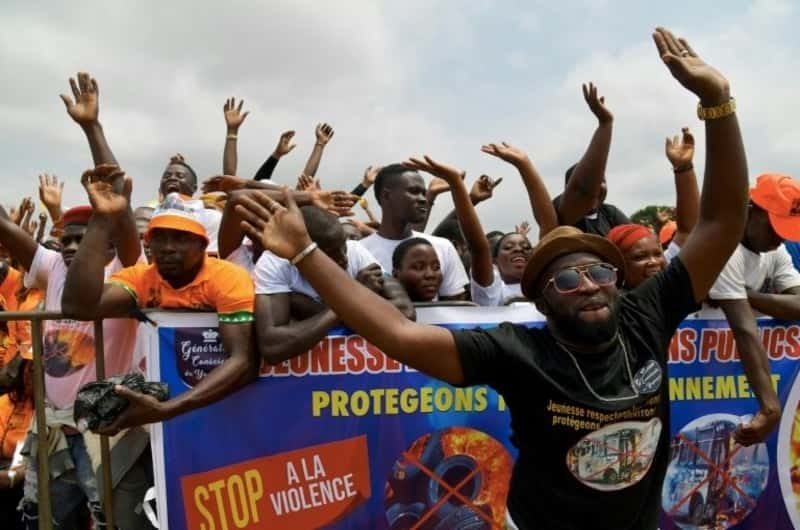×
The Standard e-Paper
Stay Informed, Even Offline

The average age in Ivory Coast is just 19, while the leading candidates in the presidential election are aged 78 and 86
Ivorians on Saturday will be called out to vote in presidential elections where the frontrunners are nearly two generations older than the average citizen.